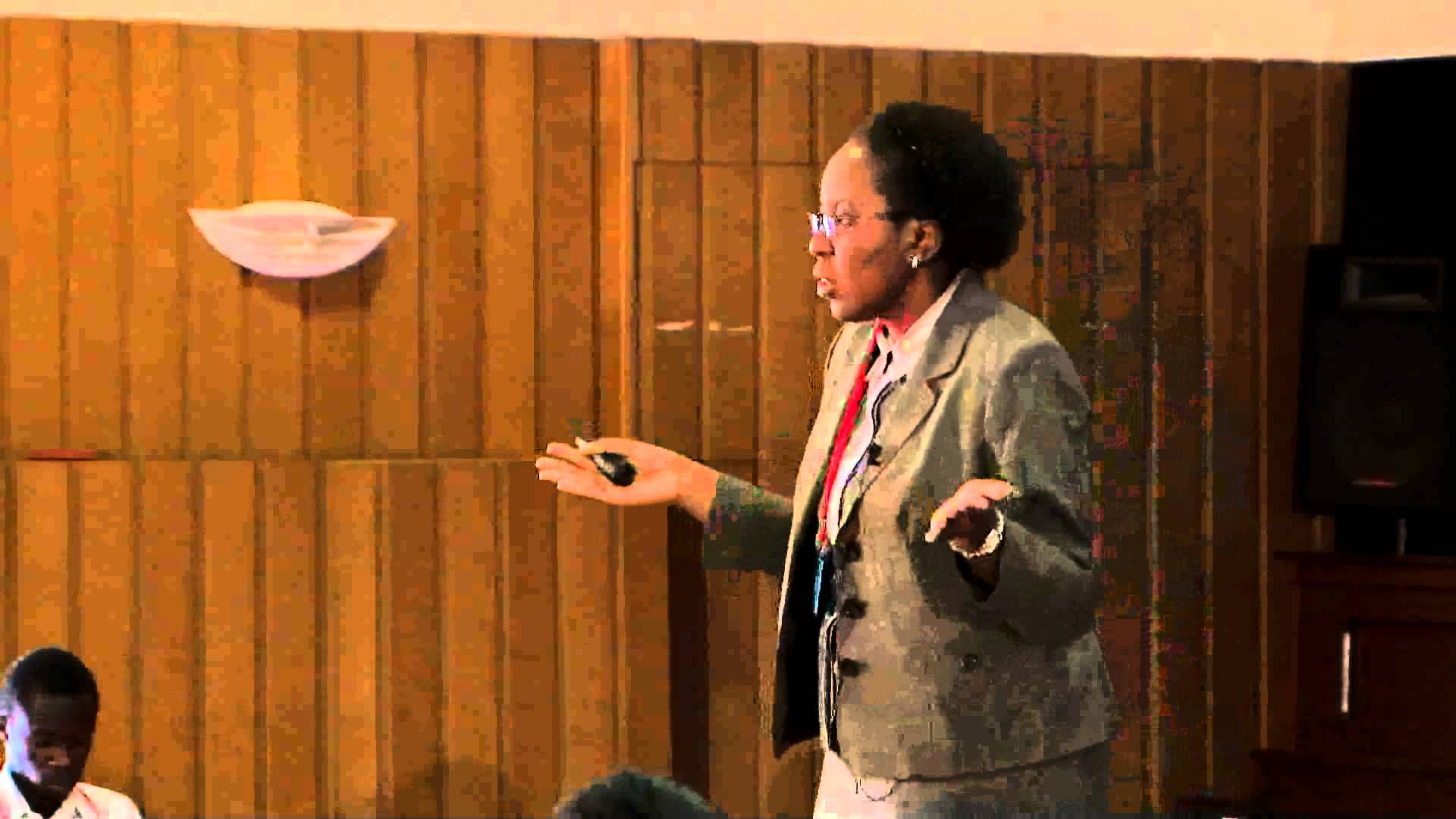Musical Entrepreneurship and Copyright in Kenya
- Victor Nzomo |
- October 15, 2015 |
- CIPIT Insights,
- Copyright

In case you missed it, the former Registrar of Copyrights, Dr. Marisella Ouma recently penned a newspaper piece titled: “Musicians are now earning better returns” This blogpost offers another perspective on the central topic of musical entrepreneurship and copyright in Kenya.
It has been observed that there are several sets of barriers hindering musical entrepreneurship in Kenya and Africa including psychological barriers, barriers in relation to the business environment, barriers relating to external ability and barriers in relation to the influence of demographics.
On psychological barriers, it has been noted that there is a great deal of stress and hard work on the part of the musicians in order to give us great musical pieces that we, as society, have become accustomed to. In this regard, the copyright regime demands that musicians exert themselves through their skill, time and judgment in order to create works that are original originating from their own efforts rather than slavish copies of works produced by the efforts of others. Therefore it has been submitted that expecting musical artists to be entrepreneurs in addition to being creators, is requiring more than the ordinary from them! Nonetheless these creators should be encouraged to be entrepreneurs even though it is accepted that not all artists will be entrepreneurs, just as not all lawyers can be entrepreneurs, for instance! Therefore artists who surround themselves with good advisors, would only need to display an entrepreneurial mind-set and leave the entrepreneurial activities to others.
Still on psychological matters, it has been argued that the possession of intellectual property (IP) rights within an environment where there is a strong IP protection regime is a strong determinant of entrepreneurial growth aspirations. Therefore, ownership of copyright in such an environment should be a strong motivation for artists to be involved in entrepreneurial activities.
Regarding barriers in relation to the business environment, it has been observed that the lack of social networks becomes crucial in two instances, firstly collaborations where an artist seeks to jointly author a musical work with artists endowed with different skills and secondly marketing where an artist decides to market his own musical works. However, the primary barrier is the lack of resources which is the main difficulty experienced by artists across Kenya and Africa in respect of securing funding for their music entrepreneurial endeavours. In this regard, it has been observed that most authors of musical works find themselves with no option but to assign i.e. transfer ownership in, their copyright to music publishers under terms that are highly unfavourable to the authors. It follows that once these authors have accumulated enough savings over time (due to the barriers relating to demographics) to incorporate and market their own publishing and recording companies, they find it difficult to engage in entrepreneurial activities relating to their copyrights as these rights have long been assigned to others.
Therefore it has been argued that the artists’ lack of resources necessary to engage in entrepreneurial activities vis-a-vis their copyright works denies them the enjoyment of the rent-creation benefits under copyright licensing whereby the copyright owner may grant either an exclusive or a non-exclusive license to a user, in exchange for payment or compensation. Therefore these licenses would be able to earn the artists (and their heirs in title) income in the nature of rents (i.e. royalties) for the duration of the copyright.
In light of the above, Ouma’s article focuses on one important solution namely strengthening the role of collective management organisations (CMOs). However this blogger would also argue that Kenya and other African countries should develop their copyright laws to address concerns relating to the internal conditions and developmental needs of their countries. Kenya should look at the examples of United States, Canada, the European Union and India which have moulded their copyright laws in light of their unique prevailing circumstances to produce home-grown solutions. In this regard, it is submitted that beyond the minimum standards required in Berne and TRIPs, African nations can craft provisions that would safeguard the interests of their creators while not offending their international obligations.
Other legislative and policy solutions should include, the use of reversionary provisions in copyright legislations as well as structuring music business contracts to safeguard the interests of artists.

IM A HERO
TOJ